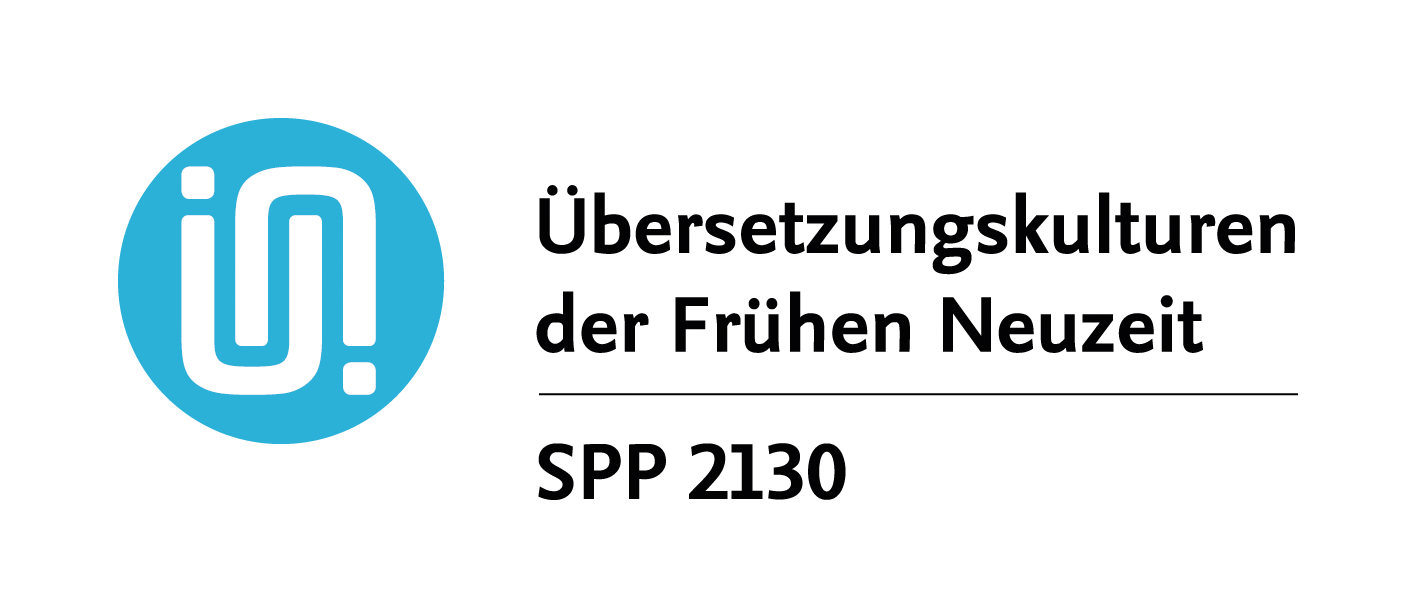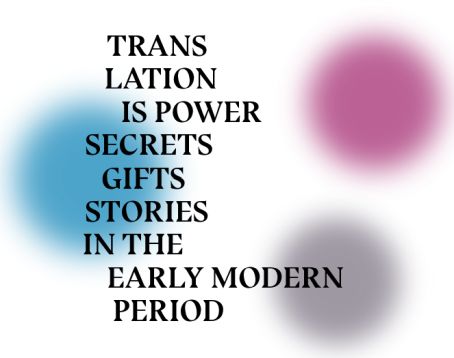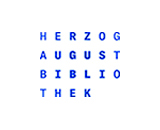Current topics
The Early Modern Period as an Age of Translation
Review and Stocktaking of a Research Programme
6th annual conference of the SPP 2130, HAB Wolfenbüttel, 11–13 Sept. 2024
For six years now, the Priority Programme 2130 launched by the German Research Foundation in 2018 has been inquiring into general social principles, perception patterns, and communication forms established by translation practices from approximately the mid-fifteenth century onwards and still of definitive significance today. By way of interdisciplinary research, the programme aim is a new understanding of the epochal importance of concepts and practices of translation as a key and ubiquitous cultural technique of the Early Modern period (1450–1800) and, in that context, taking the current translational turn into account, a reorientation of cultural studies.
The sixth and last annual conference of the SPP 2130 will undertake to sum up and validate the main hypotheses of the research programme, examine the transfer of the findings to the various disciplines, and explore further research prospects. Whereas the previous conferences were devoted to the presentation of detail studies, this one will shift the focus from specific subjects and individual phenomena to the overall translation-historical concept and provide a framework for joint stocktaking and critical reflection on the basic assumptions.
Interested persons are welcome to contact Annkathrin Koppers (spp2130@uni-wuerzburg.de).




